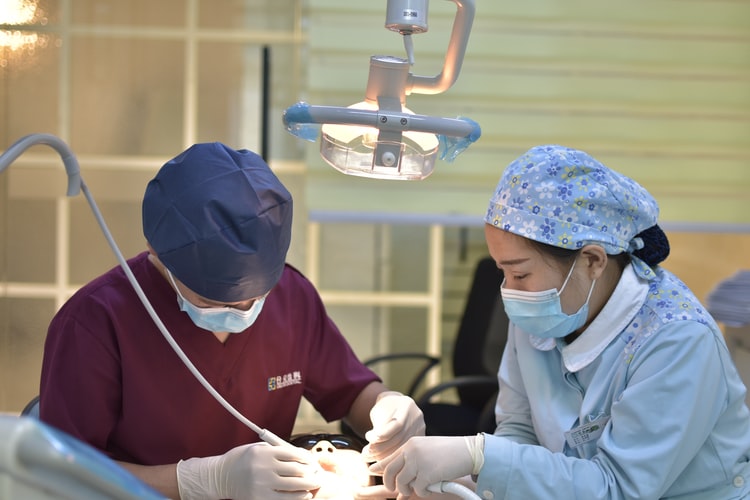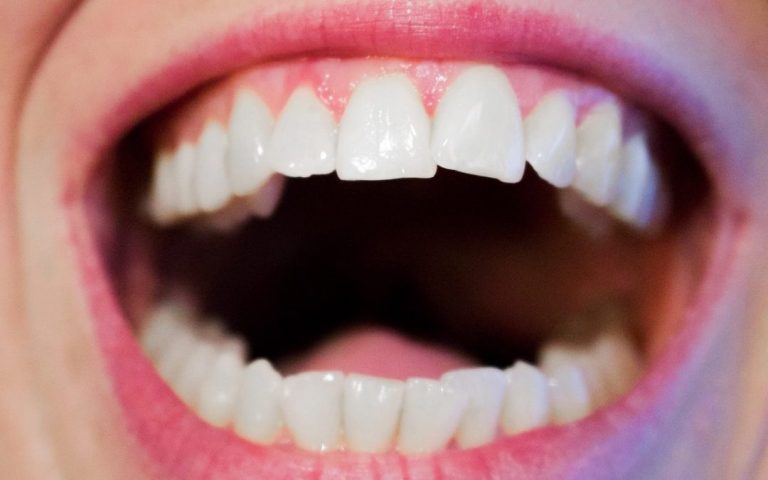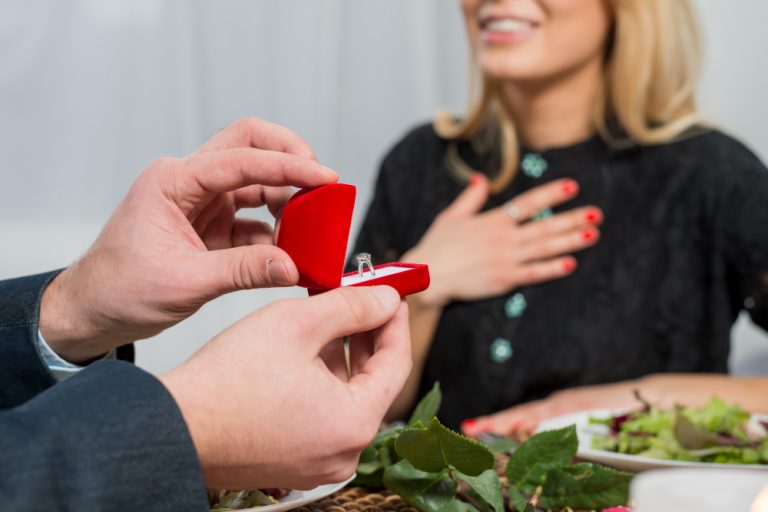As we age, we can feel each year taking its toll on our overall well-being, which often includes dental health. This oral health decline can make your life that much harder and more complicated, which is why you should take all the necessary precautions against it, but also learn how to handle it when you’re forced to. If this is something you’re worried about or are struggling with, here are some of the most frequent effects of age on your dental health and some good advice on how to approach the issue.
Losing Teeth
People lose teeth for different reasons. Some don’t pay enough attention to their oral hygiene, thinking that it isn’t that big of a deal if they don’t floss or even brush their teeth regularly and properly. Others have a genetic predisposition to teeth loss or perhaps they have developed one of several diseases that can leave them with one or more teeth missing. Whatever the cause of your teeth loss is, it’s crucial that you visit your dentist. When choosing the right dentist to treat you, make sure that they work with a reliable dental laboratory, since they are the ones that you’ll trust to provide you with the latest restorative solutions, whether you’ll need a crown, a bridge or an implant. If the laboratory employs only experienced and professional technicians, you’ll know that they can provide you with premium service and products, meaning that you can relax and let them and your dentist take care of your teeth-loss problem, knowing that they’ll do only what’s best for you.
Gum Recession
As you get older, one of the difficulties you’ll face is the loss of bone and muscle. This is something that influences your health in general, but when it comes to oral health, it can lead to a change in your jaw and even face structure. Add to this the various distressing processes that you’ve put your mouth through since you were young, and you can expect your gums to recede at some point, if it hasn’t happened already. This can mean several things. First of all, your roots might become exposed as your gums pull back, and being that the root isn’t protected by the tooth enamel, you might experience severe sensitivity to food that’s hot, cold or sweet. In addition, the exposed root is more susceptible to decay, tartar and other types of damage, which is another thing you should be wary of. In the meantime, you can look for toothpaste for sensitive teeth and use it whenever you brush to control the problem. Also, visit your dentist as soon as possible if you notice any changes in your gums.
Side Effects of Medication
Aging tends to be accompanied with various conditions, many of which demand medication, sometimes several kinds of it at once. Some of this medication can affect your oral cavity in different ways. For example, certain anti-depressants, Parkinson’s medication and hypertension drugs can decrease the production of saliva in your mouth. This can result in dryness of your mouth and, consequently, a whole range of other complications. Namely, there are valuable minerals and immune cells in your saliva, which cater to good teeth health. When your mouth is dry, you’re more likely to get cavities, teeth infections and similar problems. Drinking more fluid may help to an extent, but what you should actually do is talk to your dentist, have them check the state of your mouth and tell you what they think you should do to improve it. In any case, if you have to take any kind of medication on a daily level, schedule regular appointments with your dentist to stay on top of things.
Teeth Wear
Since we use our teeth extensively every day, it’s not wonder that they get worn out significantly by the time we enter our golden years. No matter how well you tend to your oral health throughout your life and how dedicated you are to good dental hygiene, this truly isn’t something you can prevent from happening. Nevertheless, you can somewhat contain the negative effects of teeth wear. For instance, even though you can’t simply stop chewing food in order to preserve your teeth, you can decide not to chew the things you don’t have to, such as chewing gum or hard candy. Furthermore, as you age, you should try to skip foods that put unnecessary strain on your teeth, which includes anything that’s sweet, acidic or hard to chew, since those foods can cause further damage to your teeth. In case you eat something noticeably sour, you should rinse your mouth with some plain water afterwards, to wash away the acid from your teeth and mouth. Also, you should brush your teeth at least twice each day with an adequate toothbrush, and always with a fluoride toothpaste. After brushing, don’t rinse straight away. Instead, just spit, in order to leave the fluoride on your teeth for a while.
Even though it’s possible to have healthy teeth even when you’re older, for most people, tooth decay is unavoidable. Even so, you should always do whatever you can to prevent or at least slow down this process, which you can do with good dental hygiene, proper diet and regular visits to your dentist.




